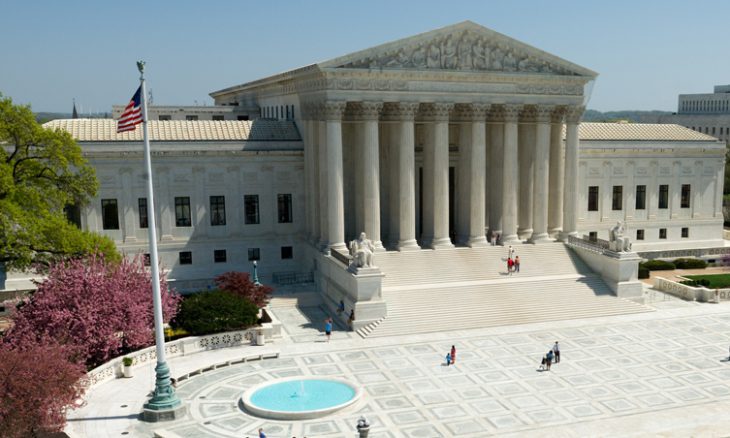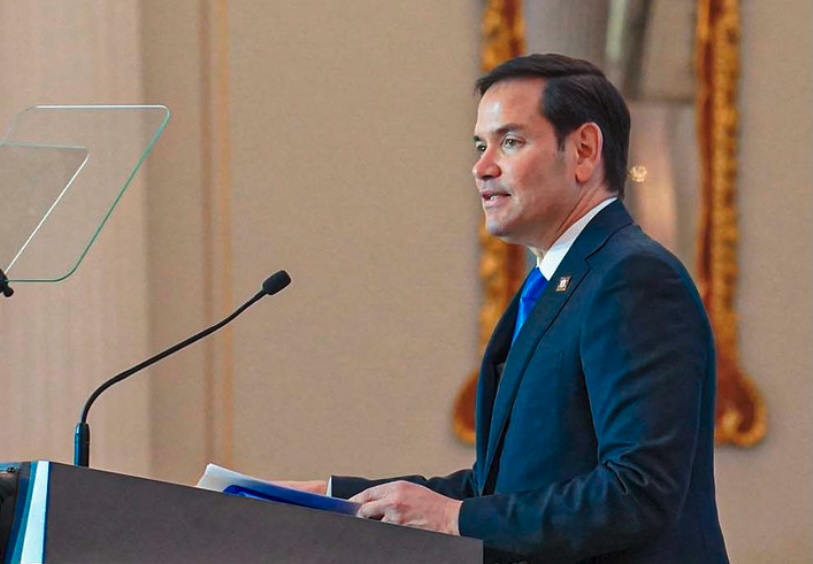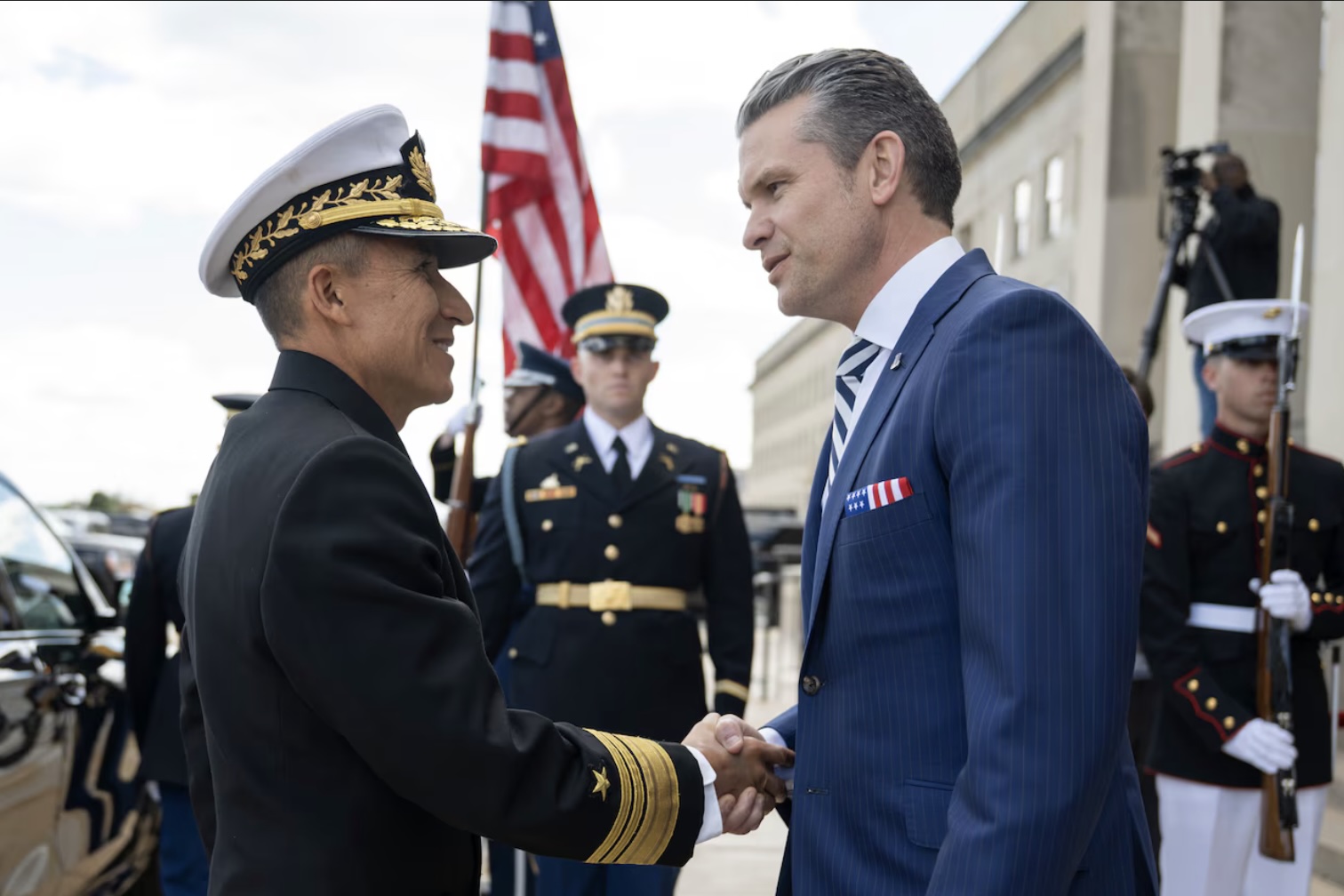The 40-year-old precedent had allowed federal agencies to interpret vague Congressional laws.
The Supreme Court decided that federal agencies do not have carte blanche to impose environmental, health, or workplace regulations, overturning what was known as the “Chevron Deference,“ which was a precedent that was set by the high court in 1984. At that time, the Environmental Protection Agency was allowed to regulate “stationary sources of air pollution“ under the Clean Air Act, since the congressional law was ambiguous and the agency’s interpretation was deemed reasonable.
The Supreme Court justices released decisions in two cases involving the Department of Commerce related to regulatory powers. In the first case, the majority found that “courts need not and under the [Administrative Procedures Act] may not defer to an agency interpretation of the law simply because a statute is ambiguous.” Chief Justice Roberts wrote that Chevron was a “judicial invention that required judges to disregard their statutory duties.”
The chief justice maintained that earlier court decisions based on the “Chevron doctrine” will not be impacted.
As the Lord Leads, Pray with Us…
- For Chief Justice Roberts to seek God’s guidance as he presides over the high court.
- For the justices of the Supreme Court to be discerning in the remaining rulings that will be released to conclude this term.
Sources: MSN, Newsweek









